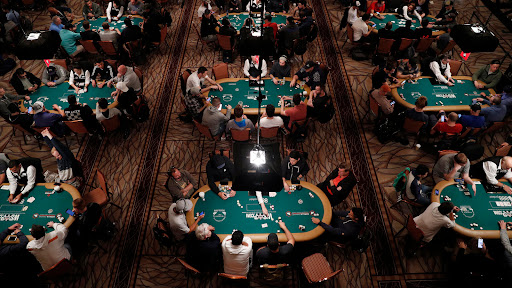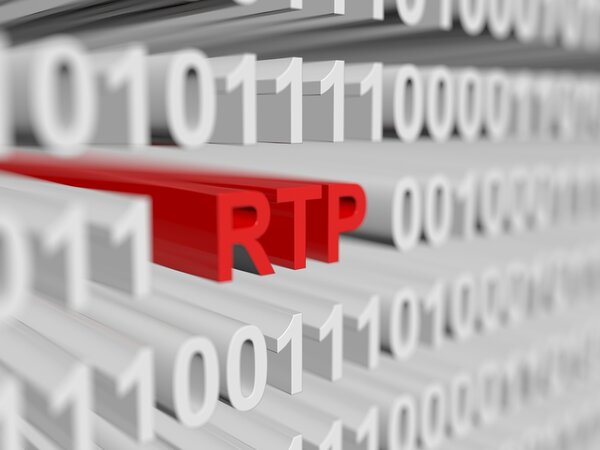
Essential tactic: Poker Face
The poker face is one of the fundamental tactics when playing the game of poker. It is a calm, straight face so you do not betray how you truly feel about the game at hand. Remember no one else knows exactly what cards you have in your hand, but smart players usually check for even the slightest microexpressions on your face to know if you’re bluffing.
This is where putting on a killer poker face can come in extremely handy. This implies that you don’t express either negative or positive emotions to the game, calmly interact with others, and maintain a relaxed posture. You see, when you make and keep a poker face, it becomes incredibly difficult for your opponent to figure out if you have a good or a terrible hand, giving you the upper hand in any showdown.
It is tough to hide your emotions, especially when money is at stake.
A poker face is essential because it allows you to mask your emotions and prevent other players from reading your strategy. The direct goal is to not let your body language, facial expressions, and emotions give away the true worth of your hand.
This is particularly crucial if you often leverage bluffing as your core winning strategy when playing poker. It can also work in your favor if you have a valuable hand that can’t lose, in which case you want your opponent to raise and not fold so you can rake in as much money as possible. In either case, showing how you genuinely feel about the game at hand can be your worst enemy.
Hiding details from other players is valuable, and a good poker face can help you do just that.
The most common signs that you have a weak hand include breathing heavily through your mouth, rolling your eyes often, fake smiling (yes, it shows!), biting your lips, and sometimes holding your breath. Some people with weak hands also tend to blink excessively, have a tense mouth, mistreat hole cards, and usually place chips into the pot forcefully.
These are some of the obvious tells that you need to keep at bay if you want to bluff.
Professional poker players are always on the lookout for signs of not only a weak hand but also a strong one. If they tell that you have a useful hand, they’ll fold without a doubt, reducing the pot size. That is not what you want if you have a strong hand.
Unfortunately, certain body language and emotions can tell this, including taking heavy breaths, suddenly sitting up, placing chips into the pot with lots of care, being too calm/relaxed, being impatient, and not blinking.
You should avoid all of them to encourage your opponent to raise and add more chips to the pot. On the flip side, you can act out these signs when you are bluffing and you have a weak hand.
Part one: face.
Direct eye contact.
Lock your eyes with other players. By doing this, you will seem not only invincible but also confident, gaining an edge over your opponents. Eye contact means that you have nothing to hide.
Facial muscles.
Face can show pretty much any emotion, which is why it’s the first place that will sell you. Any form of reaction in your face will certainly give away your hand. It is important to relax most of the facial muscles. Take a deep breath, shake your face a little. It is important to clear your mind before the game because you have to get the power of your emotions.
Your nose and ears are the most pronounced elements of your face. Under undue pressure, most people either fidget, rub their nose, or touch/pull/flick their ears. Any of these moves are a clear giveaway that could cost you handsomely in a poker game. The reason why this isn’t a plausible poker face move is that every time you touch your nose or rub your ear, someone will note your consistency.
Don’t stare or blink too much
This may indicate that you are not focused on the game, which may imply that you have weak cards. Plus, you can miss crucial clues of the play when you aren’t paying attention. It may also show that you are worried about your chances or the status of your hand.
Even still, don’t over-blink because it indicates that you are either nervous or too eager about your chances.
Avoid sudden movements of the lips or eyebrows
Again, your lips can tell more than you are letting. Twitching, parting, pursing, puckering, flattening, sucking in, or biting your lips can be a sign that you are nervous. If you look at your hand and make any of these moves, then other players are most probably going to read that you have a valuable hand. The same goes for your eyebrows. Sudden movements of your brows are typically an indication of nervousness.
Jaws
Your jaws play a big role in expressing several facial reactions and emotions, including frowning, smiling, tension, and smirk. To keep your jaws in check, make sure they are slack and relaxed, as well as open and shut your mouth occasionally. Moreover, you should avoid displaying or grinding your teeth because it’s a sign that you’re about to bow to pressure.
Wear polaroid sunglasses
Sunglasses cover most of the important zones of your face, so you don’t have to be concerned about other players discovering your strategy. Because sunglasses don’t work well indoors, you should find a seat close to the source of light.
Part two: body.
When you are trying to make a poker face, tics are simply out of bounce. That means you shouldn’t constantly shuffle your cards, rub your hands, snap your fingers or use them to strum the table. Every tic is a poor move and a tell-tale that you are insecure and nervous.
Relaxed posture
Like your face, your posture can tell a great deal about your cards. That’s why you need to take a deep breath and relax your whole posture. First, you need to raise and lower your shoulder a couple of times to loosen neck and shoulder muscles. This should be followed by taking a long, deep breath, and then arching your back, settling into an upright position.
Fidgeting is unacceptable
Fidgeting is a sure-fire sign of nervousness, which isn’t acceptable if you want to put on a stern poker face. You should avoid any quirky movements or twitches.
Just observe yourself when you are nervous or excited. Do you pull on your sleeves? Do you rub your hands together? If you gravitate towards any of these small habits when under pressure, you should make a point of stopping them when you play poker. It takes time, so practices often with your buddies before joining the big league.
A poker face is a great strategy that helps conceal how you truly feel about the cards in your hand. To make the perfect poker face, you need to reign in your face, body language, and voice, making sure they are all expressionless.
